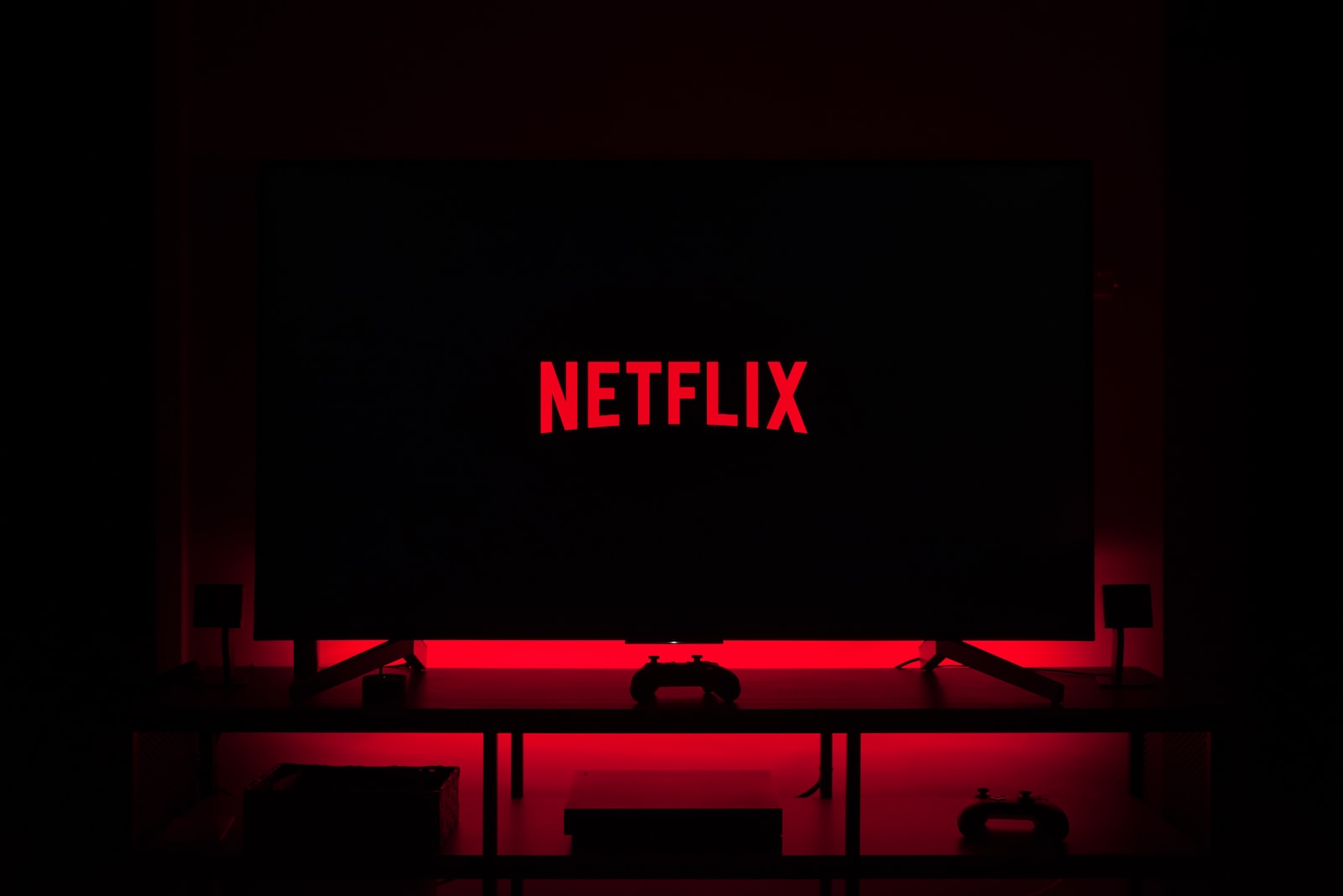
Hello, fellow TV aficionados! Emma here, your trusty cinematic tour guide, and today, we’re delving into the captivating world of showrunners—the unsung heroes behind your favorite TV series. They’re the creative masterminds who steer the ship, shape the vision, and ensure that every episode feels like a perfectly crafted piece of art. So, grab your remote, settle in, and let’s explore the multifaceted role of showrunners, complete with behind-the-scenes anecdotes and a dash of humor.
The Showrunner: The Creative Conductor
In the world of television, the showrunner is the creative conductor, the visionary leader who orchestrates the entire production. They wear multiple hats, from head writer to executive producer, and their influence extends into every aspect of a series.
The Power of the Pen: Writing and Storytelling

One of the showrunner’s most crucial roles is as the head writer. They craft the series’ overarching narrative, plot arcs, and character development, ensuring that every episode fits seamlessly into the grand tapestry.
Example: Vince Gilligan, the showrunner of “Breaking Bad,” penned many of the series’ most iconic episodes, including the pilot and the intense “Ozymandias.”
Creative Vision: Setting the Tone
Showrunners are responsible for setting the creative tone of a series, whether it’s the dark and gritty world of “The Sopranos” or the whimsical charm of “Friends.” They work closely with directors, writers, and production designers to establish the show’s unique atmosphere.
Example: Alan Ball, the showrunner of “Six Feet Under,” created a distinct tone of dark humor and existential exploration that defined the series.
Decision-Making: Navigating the Business
In addition to their creative duties, showrunners make critical decisions about budgets, casting, and production logistics. They must balance the creative vision with practical constraints.
Example: David Benioff and D.B. Weiss, the showrunners of “Game of Thrones,” faced numerous logistical challenges while bringing the sprawling fantasy world of Westeros to life.
The Collaborator: Working with a Creative Team
Showrunners are not solitary figures; they collaborate with a team of talented professionals who help bring their vision to fruition.
The Writers’ Room: Brainpower Central
Showrunners lead a team of writers who brainstorm ideas, develop characters, and write scripts. The writers’ room is where the magic happens, with lively discussions, debates, and breakthrough moments.
Example: The writers’ room of “The Simpsons” is legendary for its creativity and wit, with showrunner Matt Groening at the helm.
Cast and Crew: The On-Screen Magic
Showrunners collaborate closely with directors, actors, and crew members to ensure that the series’ creative vision translates seamlessly to the screen.
Example: Jenji Kohan, the showrunner of “Orange Is the New Black,” worked with an ensemble cast and crew to create a diverse and compelling prison world.
Network Negotiations: Navigating the Business Side
Showrunners often find themselves in negotiations with networks or streaming platforms to secure budgets, creative freedom, and the future of their series.
Example: Shawn Ryan, the showrunner of “The Shield,” had to navigate complex negotiations to keep the gritty cop drama on the air.
The Creative Balancing Act: Art Meets Business

Showrunners walk a tightrope between artistic expression and commercial success. They must satisfy both their creative instincts and the demands of networks and viewers.
Maintaining Artistic Integrity
Showrunners are fierce advocates for their creative vision. They fight to protect the integrity of their series, even in the face of network interference or market pressures.
Example: David Simon, the showrunner of “The Wire,” was known for his uncompromising commitment to portraying the complexities of Baltimore’s institutions.
Adaptation and Evolution
Showrunners must adapt to the changing landscape of television, whether it’s experimenting with new formats, embracing diverse voices, or exploring innovative storytelling techniques.
Example: Noah Hawley, the showrunner of “Fargo,” took risks by reinventing the anthology format for television.
Nurturing Fan Communities
Successful showrunners often build dedicated fan communities that engage with the series beyond the screen. They foster discussions, analyze theories, and even interact with fans on social media.
Example: Dan Harmon, the showrunner of “Community” and “Rick and Morty,” has a cult following that thrives on his shows’ complexity and meta-humor.
The Showrunner’s Legacy
The impact of a showrunner goes far beyond the duration of a single series. Their influence can shape the future of television and inspire a new generation of creators.
Pioneering New Territories
In some cases, showrunners are trailblazers who push the boundaries of television and create groundbreaking series that pave the way for others.
Example: Ryan Murphy, known for “American Horror Story” and “Glee,” has championed LGBTQ+ representation and diversity in TV.
Mentorship and Collaboration
Showrunners often become mentors, collaborating with up-and-coming writers and directors. Their guidance can shape the next wave of talent in the industry.
Example: Shonda Rhimes, the showrunner of “Grey’s Anatomy” and “Scandal,” has supported numerous writers and actors who have gone on to create their own successful series.
Legacy Series
Some showrunners leave behind legacy series that continue to captivate audiences long after their initial run.
Example: Rod Serling, the showrunner of “The Twilight Zone,” created a timeless anthology series that has been revived and celebrated for generations.
Conclusion: The Maestros of Television
Showrunners are the maestros of television, conducting the symphony of storytelling, character development, and visual artistry. They wield both creative and business acumen to create series that resonate with audiences worldwide.
So, the next time you’re binge-watching your favorite TV series, take a moment to appreciate the creative genius behind it—the showrunner who crafts the stories, characters, and worlds that have become an integral part of your TV journey.
Stay tuned for more cinematic adventures, my fellow TV enthusiasts, and may your screens be filled with the visionary work of showrunners who continue to shape the golden age of television!

